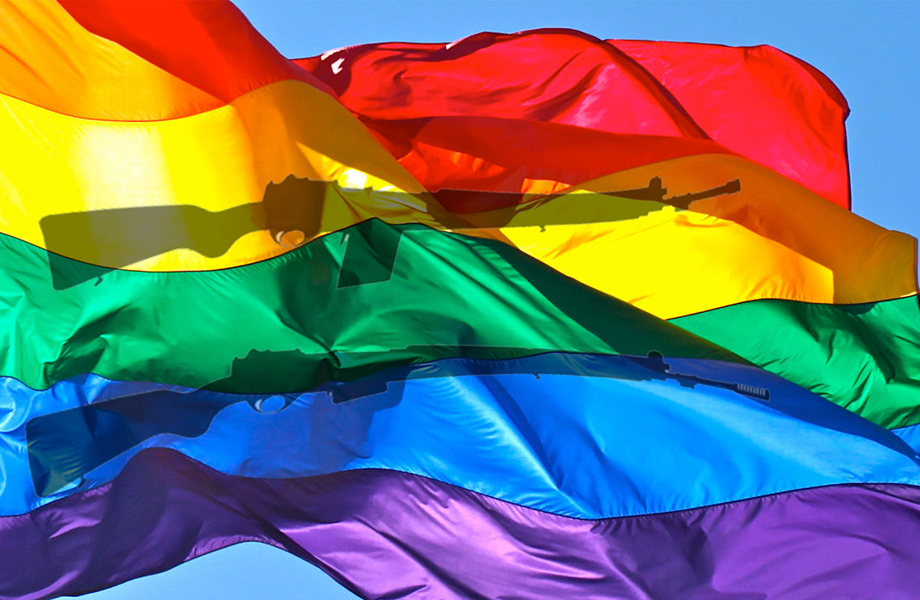In the wake of this month’s mass shooting at an LGBT nightclub in Orlando, U.S. Senators from Pennsylvania and one hopeful for the post have called for gun reform, pushing the Equality Act and allowing men who have sex with men to donate blood even if they haven’t been celibate for a year.
“If I were a U.S. Senator today, I would love to be meeting with business leaders together with the LGBT community and building a drumbeat for action,” said Katie McGinty, the Democratic nominee in the November election against Sen. Pat Toomey, a Republican.
“We should have Republicans and Democrats stand together today passing the Equality Act,” McGinty added, referencing the stalled bill that would add LGBT protections from discrimination in housing, employment and public accommodation.
She said the parties should also come together to pass legislation backed by Democratic Sen. Bob Casey that would prohibit people convicted of misdemeanor hate-crime charges from purchasing firearms. Casey discussed the measure at a June 13 press conference in Pittsburgh.
He also signed onto a June 20 letter with 23 other senators that calls on the commissioner of the U.S. Food and Drug Administration to end the “discriminatory policy” that prohibits blood donations from men who have had sex with men in the last year. The FDA revised its policy last year, after following a 1983 lifetime ban on blood donations from men who have sex with men.
The letter noted, “Some of the most touched by this tragedy [in Orlando] — members of the LGBT community, who are especially eager to contribute to the response effort — are finding themselves turned away” from donating blood.
For his part, Toomey introduced a bill that aims to prevent terrorists from legally buying guns. Sen. John Cornyn (R-Texas) and Sen. Dianne Feinstein (D-Calif.), separately introduced similar bills that both failed to pass June 20. Toomey expected his bill to get a vote later this week.
Authorities identified Omar Mateen as the shooter in Orlando who killed 49 people and wounded another 53 while pledging allegiance to the Islamic State in 911 calls during the incident.
During a video conference call June 16, Toomey did not mention LGBT people, but discussed procedures for identifying terrorists. He posited a collaboration with Congress, the U.S. Attorney General and Foreign Intelligence Surveillance Act Court. People placed on a terrorist-screening list, or a “no-fly” list, would have the opportunity to appeal. Those that remain on the list would be prohibited from purchasing firearms.
“The horrendous massacre in Orlando, I would hope, would cause people to be willing to come out of their corners and agree to some common sense,” Toomey said.
He added he’s been working on gun reform for the last three years, starting with a collaboration with Sen. Joe Manchin (D-W.Va.) that would have strengthened background checks on commercial gun sales. It failed to pass in 2013. The Orlando massacre “brought a lot of attention to this issue and put a lot of focus on it,” Toomey said.
McGinty supports a measure that would block terrorists from purchasing firearms, but said she does not want people to forget that this was a tragedy for the LGBT community.
“As the president said, this is both an act of terror and an act of hate,” she said. “We can and we should address both of those things.
“Moments of silence are not enough … We need to act to take down acts of terror and to stem the hatred and discrimination that continues to rain down on LGBT people.”
